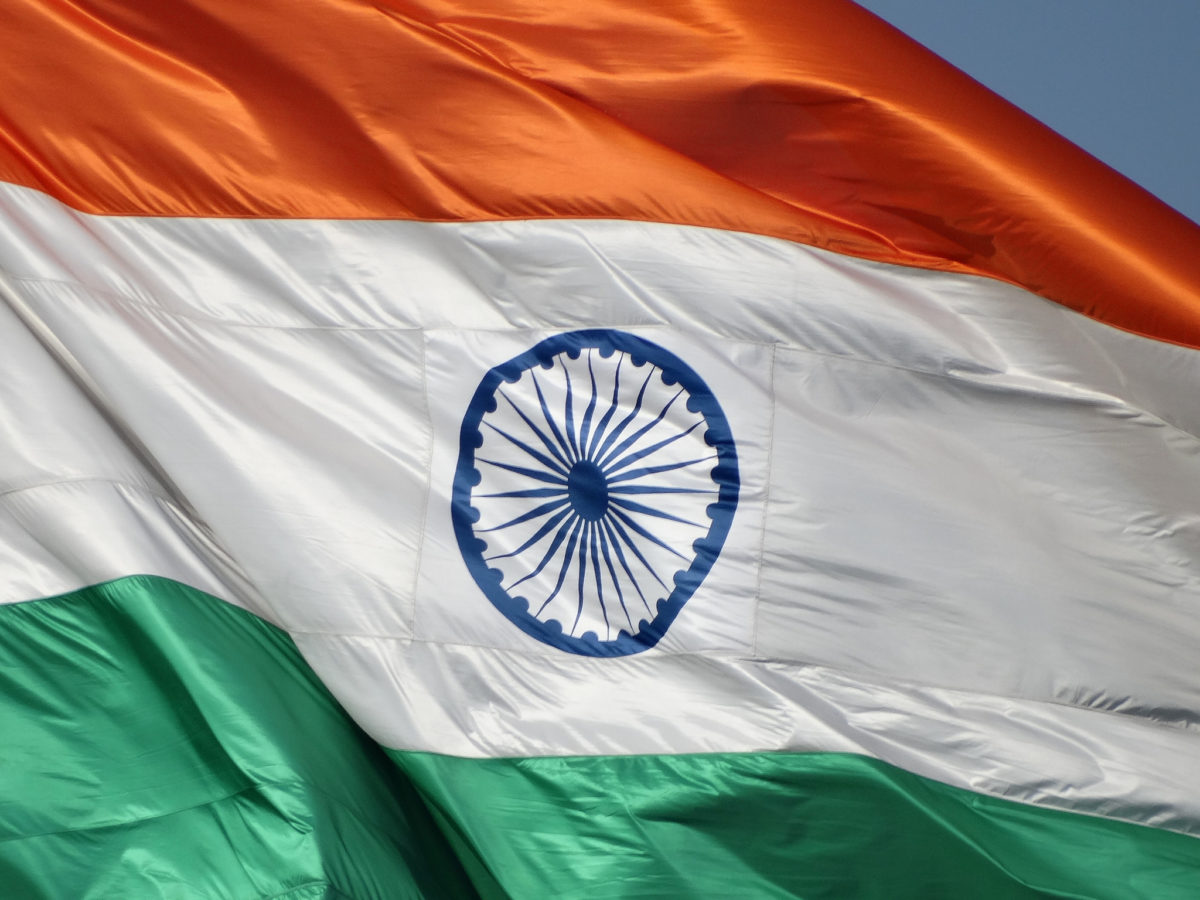Up to 3 GW of Indian solar projects, worth Rs 16,000 crore, could be at risk of inviting penalties for missing their respective scheduled commercial operation date (SCOD) if the impact of Coronavirus on trade with China prolongs, a CRISIL analysis shows.
As per the standard terms of power purchase agreements, non-adherence to solar project completion timelines attracts penalties, including downward renegotiation of tariffs.
Significantly, India sources around 80% of its solar modules from China, where trade has been impacted due to measures implemented to combat the spread of the virus.
CRISIL reports that measures such as restricted movement of people and/or shutdown of factories have disrupted PV module manufacturing in China and its feeder industries.
“The clampdown has forced several manufacturers to run their plants at low utilisation, or to stall operations altogether. Indeed, even the modules already manufactured are facing delays in transit to project sites on account of precautionary restrictions on transit at ports”—read a CRISIL statement.
Speaking about the impact on Indian projects, CRISIL Ratings Senior Director Manish Gupta said, “This puts at risk around 3 GW of solar projects auctioned between July and August 2018, which need to meet their SCODs [scheduled commercial operation date] by July 2020. Given that orders for modules are typically placed with a lead time of six months from SCOD, these projects are now in the process of either placing orders or receiving delivery of modules. Hence, any delay at this stage can prove costly.”
CRISIL further reports that in a bid to meet the commissioning timelines, the [Indian] developers may choose to implement projects with more expensive modules sourced from locations other than China. But this could erode returns as the modules may be 15-20% costlier, shaving as much as 3 percentage points off their returns.
Also, developers can invoke the ‘Force Majeure’ clause in the PPA under which they can seek relief under unforeseen and uncontrollable events. However, this is yet to be tested and may face legal and regulatory hurdles.
This content is protected by copyright and may not be reused. If you want to cooperate with us and would like to reuse some of our content, please contact: editors@pv-magazine.com.









By submitting this form you agree to pv magazine using your data for the purposes of publishing your comment.
Your personal data will only be disclosed or otherwise transmitted to third parties for the purposes of spam filtering or if this is necessary for technical maintenance of the website. Any other transfer to third parties will not take place unless this is justified on the basis of applicable data protection regulations or if pv magazine is legally obliged to do so.
You may revoke this consent at any time with effect for the future, in which case your personal data will be deleted immediately. Otherwise, your data will be deleted if pv magazine has processed your request or the purpose of data storage is fulfilled.
Further information on data privacy can be found in our Data Protection Policy.